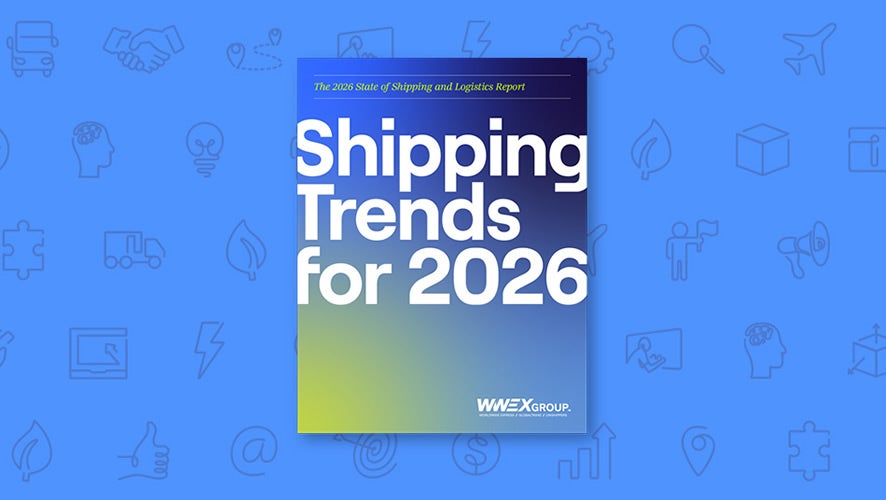BLOG POST
Top 5 Blind Shipping Questions & Answers

Reading Time: 3 minutes
One of the most misunderstood facets of the freight world is blind shipments. Let's dig into top questions when it comes to blind shipping!
What is Blind Shipping?
Simply put, a blind shipment is an LTL shipment in which the identity and address of the shipper or consignee (or both) are hidden from the other party.
While blind shipping has some distinct advantages, it also presents a unique set of challenges for both the shipper and the carrier. When you have the facts about preparing blind shipments, it's easy to demystify the process and avoid common blunders. Here are some of the most frequently asked questions we receive regarding blind shipments:
Blind Shipping FAQ
Why ship blindly?
Blind shipping gives you the ability to keep the manufacturers, importers, and other aspects of your supply chain confidential from your customers. These types of shipments are typically done through a third party who books and controls the movement of the freight. This prevents a manufacturer from attempting to do business directly with a distributor's customer, or vice versa.
How do I blind ship?
Pack your shipment as you would normally then check with your carrier or 3PL shipping advisor before your freight starts moving. Different carriers have specific ways of handling blind shipments. A few carriers also have additional requirements, such as ensuring the correct city and ZIP code are listed on every BOL, or additional paperwork needed to confirm the shipment.
What is a blind BOL and how do I prepare it?
A BOL is a receipt for freight services that acts as a contract between the carrier and shipper. Since the objective of shipping blind is to hide the necessary information from the shipper and/or consignee, these types of shipments often require up to three separate bills of lading (BOLs), including:
- A BOL used by the shipper when the freight is picked up
- A BOL given to the consignee at the time of delivery
- A proper BOL with the complete shipping and delivery information, which is given to the carrier when the shipment is booked
Managing multiple BOLs can be confusing, which is why you can lean on a third-party logistics partner to help you navigate your blind shipments.
Does shipping blind incur additional fees?
These shipments can often trigger additional fees (and of course normal fees such as fuel surcharges) due to their complicated nature and the extra work they require from carriers. Remember to account for these additional fees up front so your freight quote is as accurate as possible.
Are there other potential issues to watch out for?
As mentioned above, shipping blind is inherently more complicated than standard freight shipments because they can require several BOLs. When using multiple BOLs, always confirm with the carrier that they have the correct BOL to present to the consignee, as well as the complete pick-up and delivery information for the carrier's records. Otherwise, the improper BOL may inadvertently be used, resulting in your freight being delivered to the wrong place. This could also alert the consignee to where the shipment actually came from, which defeats the purpose of shipping blindly in the first place.
It's also fairly standard for carriers to have their rules state that they will try their best to fulfill the requirements of the blind shipment, but they will not be responsible for any misrouted freight. Usually, the carrier will not make adjustments to routing mistakes, which makes it all the more important to provide the most accurate information possible.
What if I still have questions?
We don't want you to be in the dark on blind shipments. If the above information didn't answer all your questions, please reach out to your local Worldwide Express shipping expert. Understanding the ins and outs of your business shipping can be confusing and time consuming, and our team of freight experts can help shine a light on all aspects of your shipments. If you're looking for a partner experienced in handling confidential shipments and information, get a freight shipping quote today!
Also - check out our blog that explains basic freight definitions for any additional freight terminology questions you might have.





